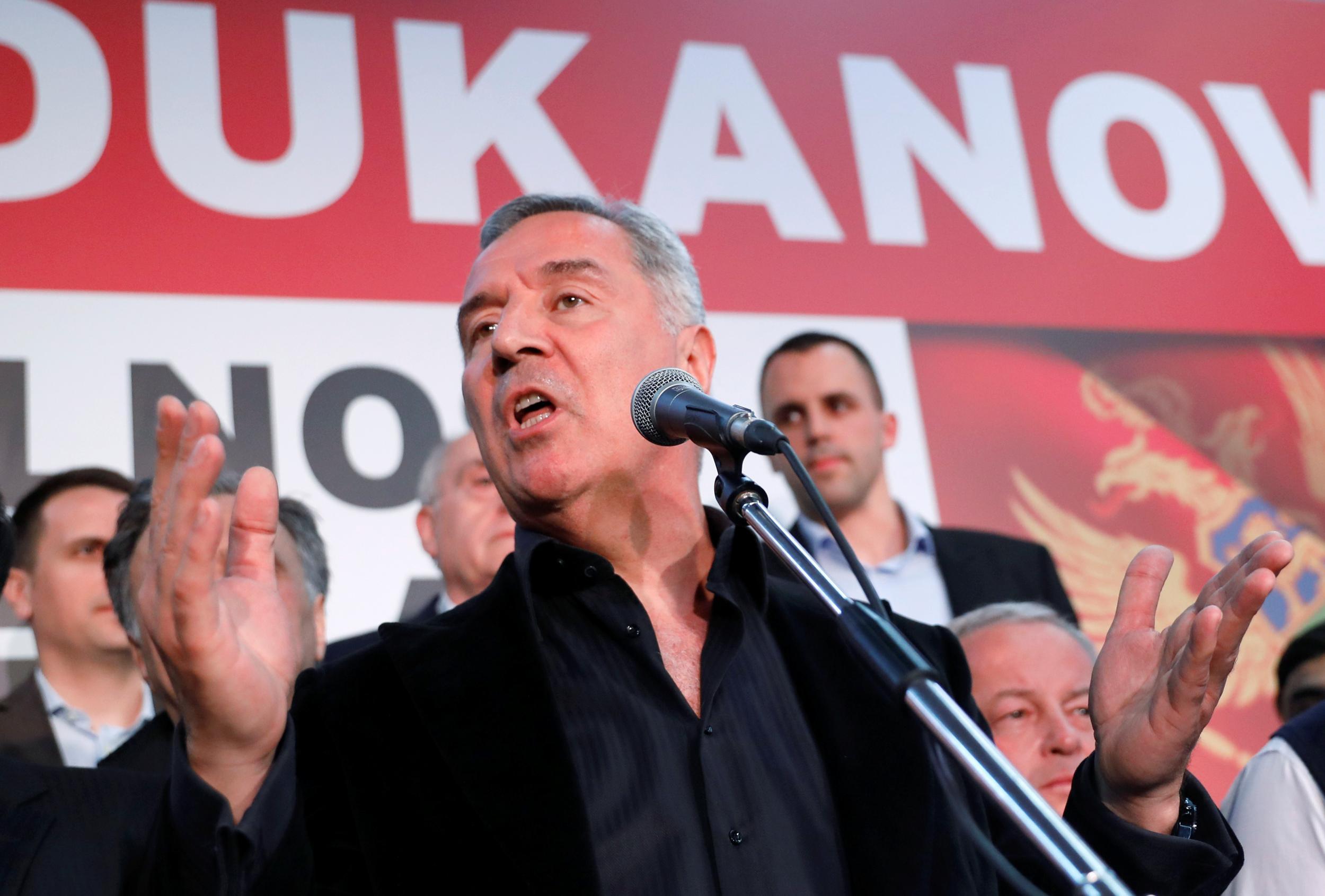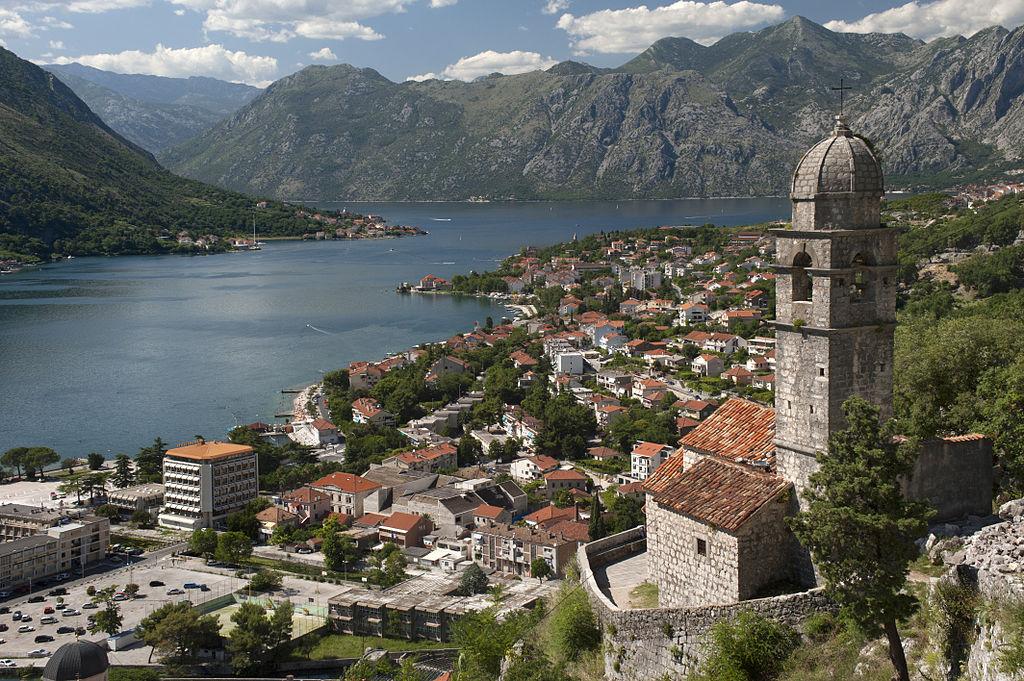Pro-EU politician Milo Djukanovic wins Montenegro's presidential election
Djukanovic has dominated politics in the country for decades

Montenegro has continued on course for European Union membership after the country’s voters overwhelmingly brought back a veteran pro-EU politician to be their new president.
Milo Djukanovic, leader of the country’s dominant Democratic Party of Socialists, has declared victory in a presidential election held on Sunday in the Western Balkan state, which split from Serbia in 2006 following an independence referendum.
The victory for pro-integration forces comes ahead of a major EU summit in Sofia on 17 May to discuss the accession of the Western Balkan countries to the union.
The Bulgarian-hosted meeting with bring together the heads of EU member states as well as the leaders of Albania, Bosnia and Herzegovina, Serbia, Macedonia, Kosovo, and Montenegro to discuss a possible future inside the EU.
The European Commission suggested earlier this year in the run-up to the summit that Montenegro, as well as its former federal partner Serbia, could be the first states amongst the prospective group to join the EU, by 2025 – but only if reform conditions were met.
The 56-year-old victor said he sees the election result “primarily as the confirmation of Montenegro’s strong determination to continue on the European road”.
Mr Djukanovic and his party have dominated politics in the country for decades. His previous tenure in office oversaw the country’s independence. He served as prime minister from 1991 to 1998, then president from 1998 to 2002 and prime minister from 2003 to 2006 and again from 2008 to 2010 and 2012 to 2016.

The politician has previously been accused of having links to organised crime, including by the prosecutor’s office in the Italian city of Naples and the Italian anti-Mafia commission. He denies the claims.
A final official ballot count shows Mr Djukanovic won 54 per cent of the vote – avoiding the need for a run-off. His closest opponent, Mladen Bojanic, from the Positive Montenegro party, won just 33 per cent of the vote. In contrast to Mr Djukanovic, the opposition Mr Bojanic advocates a more pro-Russian outlook. Mr Bojanic accused his victorious opponent of holding the country’s institutions “hostage” and has described his rule as a “dictatorship”.
In third place was Montenegro's first ever woman candidate, MP Draginja Vuksanovic, who took with 8.2 per cent of the vote.
Russian president Vladimir Putin complained on Wednesday that the state of Montenegro-Russia relations under Mr Djukanovic “clearly does not correspond to the centuries-old traditions of brotherly friendship and spiritual affinity between our peoples”. Montenegro joined Nato last year, angering Russia.
Other than EU membership and relations with Russia, the election was dominated by the issue of organised crime violence. A local mafia turf war, which Mr Djukanovic pledged to crack down on, has reportedly killed around 30 people since 2013.
Join our commenting forum
Join thought-provoking conversations, follow other Independent readers and see their replies
Comments
Bookmark popover
Removed from bookmarks